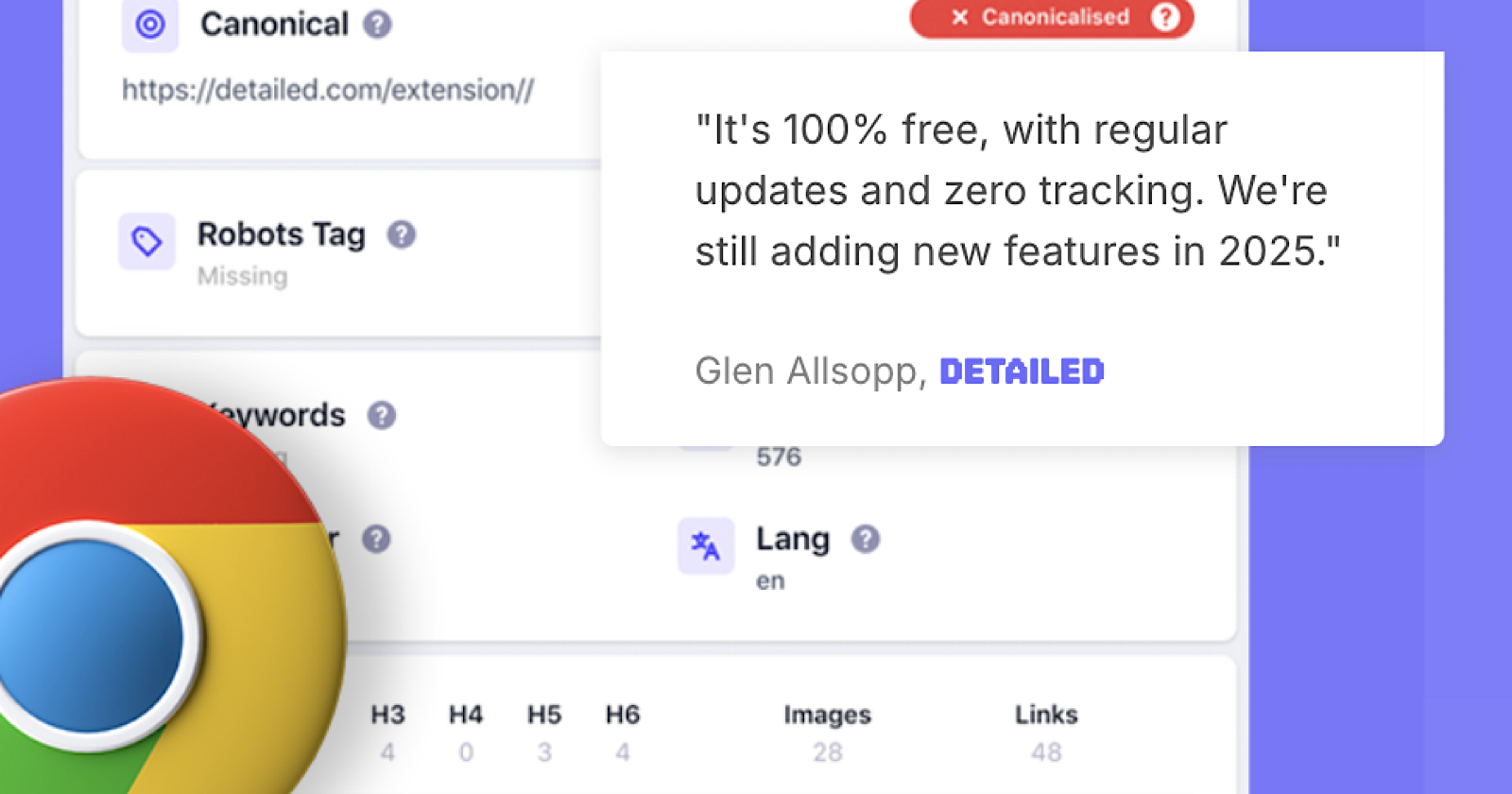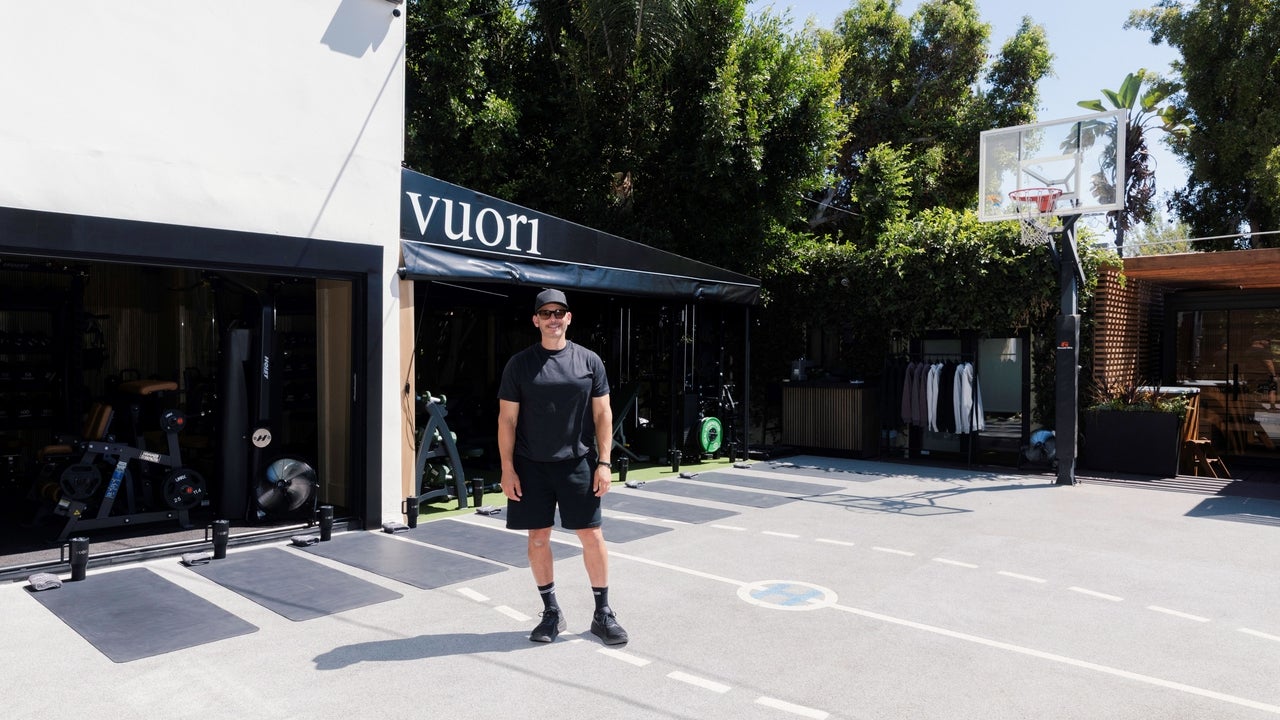Work-life balance—why creatives need hobbies and interests outside the office
How to revitalize your mind and spark new ideas.

I’ve spent 30 years in advertising and am currently overseeing creative culture. So, it’s safe to say I have an incredible amount of respect for anyone who can turn a concept into an ad that connects deeply with consumers and earns business for brands.
You’d be hard-pressed to find a single person (agency or client side) who believes the industry would last a day without creatives, their big ideas and their undeniably important skills. That’s why I’m determined to ensure creatives stay engaged at work. But truth be told, there is only so much agencies can do to keep talent showing up for another day of emails and meetings.
At some point, even if just for a season, everybody will find their job burdensome or unfulfilling. And not to be overdramatic, but for creatives, that day is agonizing—maybe even enough to make them throw in the towel and take up a new career.
When the fire isn’t there, art directors, creative directors, copywriters, photographers, illustrators and others know that going heads down and barreling through another brief isn’t just painfully boring. It’s unproductive, often resulting in work that’s less than impressive.
Unlike other jobs, grinding doesn’t always pay off because creativity can’t be forced. Creatives need to be inspired to make inspiring work (i.e., good ads). And sometimes the magic happens when you close the laptop and come up for air. So, what’s the answer? How can creatives avoid burnout and being suffocated by their 9-to-5? For me, the answer is getting a hobby.
Creatives don’t run at full speed because there are pingpong tables in the break room or beer on tap. Perks such as these fueled brainstorming sessions for a while, but creatives need more—especially now that so many are working from home without the constant influence of other like-minded individuals.
If you count yourself a creative, here’s the truth: You can achieve a meaningful career and churn out some of the best work of your life by filling up your cup after hours. Here’s how to do it:
Get to know yourself
Like any working adult, creatives spend so much of their time answering to other people that they can easily lose touch with themselves and their interests. One day, you might just wake up and realize your thoughts revolve around nothing more than pitch decks and banner ads. In other words, when you forget to let yourself live outside the office, life can narrow, work can feel impossible and creativity could cease to exist. Take the time you need to get back to yourself and your interests. Reflect on what makes you feel alive and what you could use more (or less) of. Do you need to detach from the world for a little while every day or do you need to get your hands in the dirt? Do you need to laugh more? Move more? Relax? These are important questions to ask yourself every day—but especially before step two.
Get a hobby
Once you know what you’re interested in outside of work and what your life is missing, focus on pursuing an interest as a hobby. What’s the difference? Having a hobby means consistently engaging in an activity that makes you happy and hopefully challenges you in some new way. It sounds too simple to possibly have an impact on your career, but habitually doing something that brings you joy can broaden your horizons in so many wonderful ways—ways that ultimately revitalize your mind and spark new creative ideas.
Instead of stressing about work every night and dragging yourself out of bed every morning to do the one thing you must to pay the bills, you might wake up excited to see what the day holds—and how your hobby can affect your career.
I got into skateboarding in the ’80s after an encounter with “Back to the Future” and the mind-blowing realization that I could be like Marty McFly. Now, nearly half a century later, I’m still rolling and reaping the benefits of having a hobby. Skateboarding has connected me with so many cultures, personalities, challenges and rewards—like a community of passionate people who share my interests and a way to get involved with my city. Plus, it’s given me a purpose outside of the office, which is absolutely necessary if you want to achieve a healthy work-life balance. You can’t spend all night worrying about that project or those deadlines if you’re focused on something else for a few hours.
Set boundaries
No matter how much you love your job, work can’t be your whole life. That’s a recipe for burnout and bad creative output. It’s good to set expectations about what you can and can’t accomplish by the end of the day. Yes, there will be times when you’ve got to meet a deadline or deliver something unexpected, but don’t fall into the habit of being someone who’s always available at 7 p.m. If you want to build your life outside of the office, you have to be able to unplug.

 Fransebas
Fransebas 
























.jpg&h=630&w=1200&q=100&v=f776164e2b&c=1)
.jpg&h=630&w=1200&q=100&v=f776164e2b&c=1)
.png)





